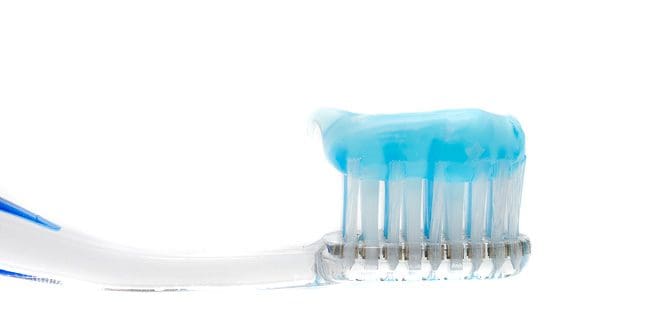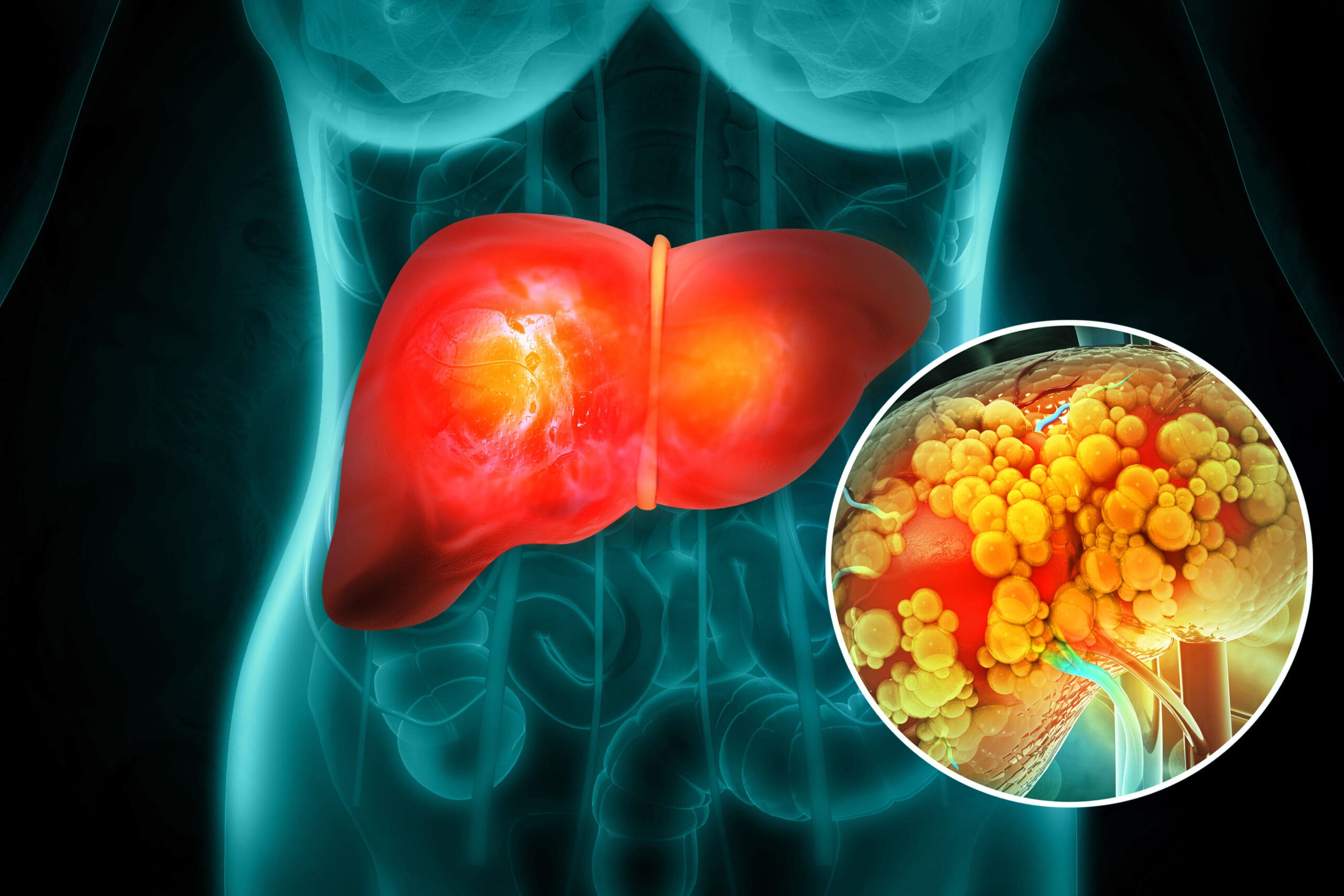by Margaret Jasinska, Naturopath
Did you know the average person living in Britain has worse oral health now than during Roman times?
It seems like an insane statement, considering the toothpaste, toothbrushes and mouth wash that weren’t available in the past, although this statement is based on studies conducted by dentists.
A study published in the British Dental Journal last week looked at 303 skulls held at the Natural History Museum from the years 200 to 400 AD. Amazingly, researchers found that only 5 per cent showed signs of moderate to severe gum disease (periodontitis), while around 15 to 30 per cent of adults in Britain currently suffer with gum disease.
These are shocking statistics.
Mild gum disease is very common, and can be caused by factors such as poor diet and smoking. However, severe gum disease is becoming increasingly common and can result in the loss of teeth. According to Professor Francis Hughes, the study’s lead author, of King’s College London (KCL) Dental Institute, “We were very struck by the finding that severe gum disease appeared to be much less common in the Roman British population than in modern humans, despite the fact that they did not use toothbrushes or visit dentists as we do today,”.
The health of your teeth and gums has an enormous bearing on your overall state of health, and it is also a reflection of your general health. Far too often, we see patients who are extremely careful over choosing only the healthiest foods to eat, yet they are incredibly blasé about dental health.
Our mouths are just teeming with bacteria, and that’s how it’s supposed to be. Problems occur when too much of the wrong bacteria are allowed to flourish. This can be a consequence of poor diet choices, or poor oral hygiene practices. Far too many people think they can eat anything they like, and good brushing will undo the damage. This is simply not the case.
Aside from thorough brushing, flossing and regular check ups with your dentist, the following can all help to keep your mouth healthy:
- Minimise or avoid grains in your diet. Research has shown that when humans were hunters and gatherers and based their diets on meat and vegetables, their mouths housed different types of bacteria that were less likely to cause tooth decay and gum disease. You can read more about this here.
- Make sure you are consuming adequate vitamin C. Vitamin C is found in fresh, raw fruits and vegetables. Many people find it difficult to consume enough fresh produce, and much of the produce sold in stores today isn’t that fresh anyway. Vitamin C is a fragile vitamin and easily breaks down. We need vitamin C to keep our gums healthy because it is required for collagen production. Bleeding gums is a very common symptom of vitamin C deficiency. If your gums bleed while you brush your teeth, you are allowing gum bacteria to enter your bloodstream. From there it can travel to any organ of your body and create disease. A very unpleasant thought!
- Vitamin D is essential for healthy immune system function, and deficiency promotes overgrowth of harmful bacteria in the body. Gum disease is more prevalent in people without sufficient vitamin D in their body. I encourage all my readers to get a blood test for vitamin D, because you are probably deficient unless you work outdoors or have outdoor hobbies.
- Try to keep your blood sugar in the healthy range. Diabetics are prone to suffering with severe gum disease. See our book Diabetes Type 2: You Can Reverse it Naturally for information on good blood sugar control.
- Xylitol and coconut oil both inhibit bad bacteria from growing in your mouth. They are both easily incorporated into your diet. Xylitol is a natural sugar substitute that you can cook with, and it is available in sugar free chewing gum and toothpaste. Xylitol can inhibit the growth of cavity causing bacteria on your teeth such as Streptococcus mutans. The fatty acids in coconut oil also help to prevent bacterial growth in your mouth. It is easy to incorporate coconut oil into your cooking, or add it to your protein smoothies.
- Minimise or avoid consuming acidic beverages. Fruit juice, soft drinks and sports drinks can all wear away your tooth enamel, leaving your teeth more exposed and vulnerable. Even diet soft drinks are harmful due to the acids they contain. This is a growing problem that is often seen in very young people.
If you are seeking to improve your health, please don’t forget to look after your mouth. It has an enormous bearing on how you look and feel.









Leave A Comment